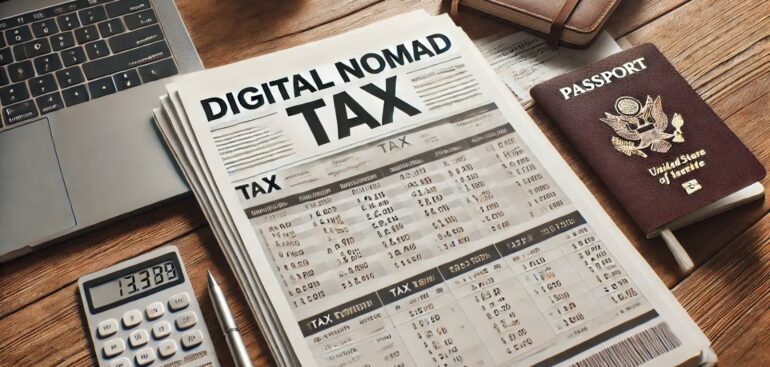The Union Budget 2025 has brought in several crucial amendments in Goods and Services Tax (GST) that every business owner, finance professional, and taxpayer must understand. From compliance simplifications to rate changes, the latest GST updates are designed to enhance ease of doing business while also widening the tax base.
1. Input Tax Credit (ITC) Rationalization: Businesses will now face stricter compliance when availing ITC. The government has made amendments to ensure ITC claims are directly linked with supplier compliance. This move aims to curb fake invoicing and strengthen the credit chain.
2. GST Rate Adjustments: The government has announced selective GST rate changes in line with industry demands. Essential items have been kept in lower tax brackets, while luxury goods and sin products face higher rates. Sectors like textiles, EVs, and healthcare devices have received noteworthy benefits.
3. Simplified GST Returns: Budget 2025 proposes a revamped GST return filing system with automated reconciliation. This will reduce errors, lower compliance costs, and minimize notices being sent to businesses.
4. Interest & Penalty Provisions: Amendments have been made to rationalize interest liability on delayed GST payments, particularly benefiting small businesses. The intent is to encourage voluntary compliance while preventing harsh penal actions.
For businesses, these amendments mean enhanced transparency, lower litigation risks, and opportunities to plan finances efficiently. Chartered Accountants (CAs) and tax professionals must proactively guide clients on aligning their tax positions with these changes.



